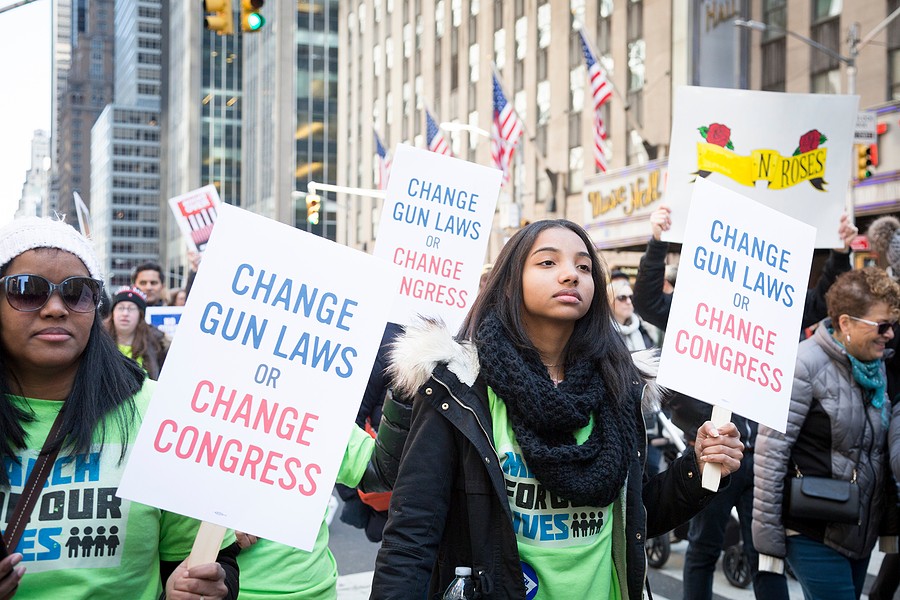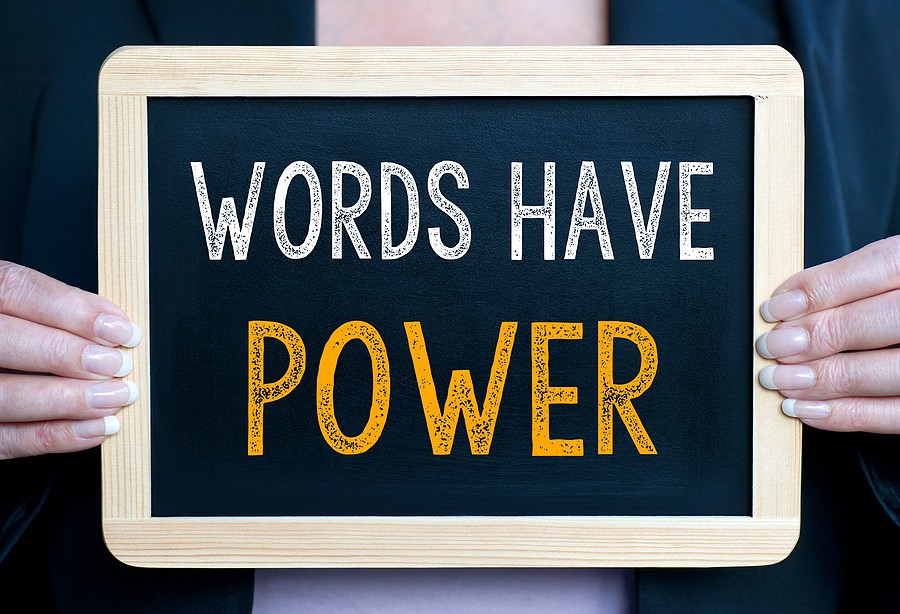How the Entertainment Industry is Responding to the Current Crisis
- By Declan McManus
- Jul 24, 2020
As the economy has slowed to an indefinite halt amidst the coronavirus crisis, the entertainment industry has suffered especially difficult challenges and setbacks. From industry-wide hiring freezes to impeded production calendars, the current crisis has created a virtual standstill during summer, a season that is usually busy with theatrical releases and filming.
While the impacts of the current crisis on the entertainment industry pale in comparison to the vast threat against human lives, the ripple effects do create many real challenges for people who make a living producing and distributing music and films.
As even optimistic predictions delay full-scale productions and theatrical releases to 2021, we are likely to see a continued slowdown in the industry for months to come. From concerts and live music to your favorite tv shows and movies, below is a run-down of what you can expect to unfold in the entertainment industry over the next several months.
Film
As box office revenues were already shrinking before the pandemic, the current crisis has delivered traditional studios a major hit. Even before COVID-19, distributors including Paramount, Lionsgate, and NBCUniversal have struggled to adapt to the changing landscape and compete with on-demand streaming services such as Netflix, Hulu, and Prime Video.
As most movie theaters in the US remain closed in observance of social distancing restrictions, movie premiers have been cancelled indefinitely, forcing antsy consumers to wait months for this summer’s most buzz-worthy films. This past week, Disney announced that it is cancelling the release of “Mulan” indefinitely and delaying the release of future installments in the “Avatar” and “Star Wars” series by a year. As other anticipated releases including Paramount’s “Top Gun: Maverick” have also been delayed into the next year, it will be a long time before we get to see new blockbusters in theaters.
Streaming
Unlike the traditional film industry, streaming platforms have shown strong growth as millions of viewers have been stuck at home for months. Video streaming subscriptions have risen significantly over the course of the pandemic, with the average U.S. consumer currently paying for four different services, up from an average of three pre-COVID-19, per a new study from Deloitte.
With many consumers already “cutting cords” and choosing streaming services over cable, the pandemic has accelerated trends already happening in the media consumption.
Live Music & Theatre
From Coachella to Lollapalooza, live music and art events of all sizes and types have been postponed or cancelled indefinitely. Major music festival Coachella was first rescheduled from April to October 2020 but has since been cancelled and will resume in 2021. As coronavirus cases continue to rise across the country and plans to reopen the economy are scaled back, it will be a long time before fans are able to see their favorite artists perform in person.
In another hard-hit business in the live entertainment realm, Broadway productions have been cancelled for the rest of the year. As of June 29, The Broadway League “announced that Broadway performances in New York City will be suspended through the remainder of 2020 due to COVID-19.” For financially vulnerable theatrical performers, this announcement comes as a huge hit to the art performing arts community. Amidst vast uncertainty, tickets for returning productions are projected to resume over a series of rolling dates in early 2021 and are expected to go on sale in the coming months.
For more entertainment and event updates or to explore our talent, visit the Engage website at https://www.letsengage.com/.






























































